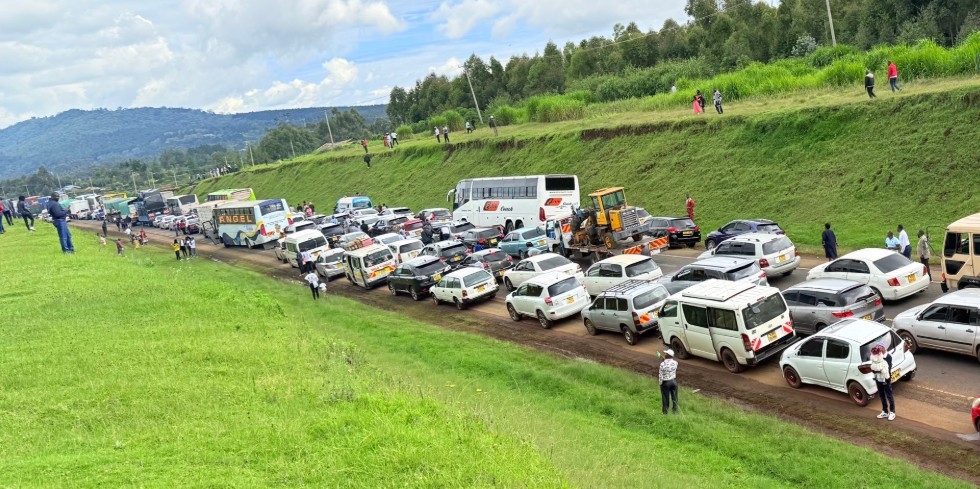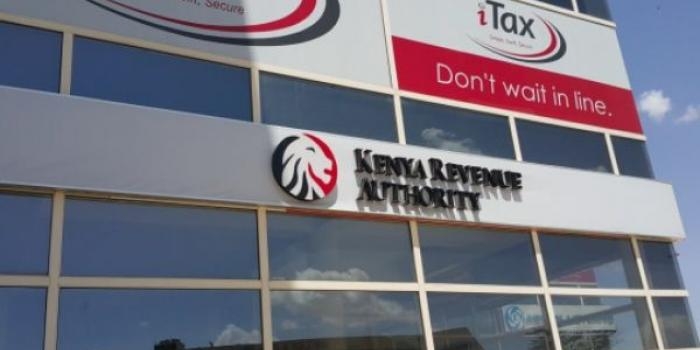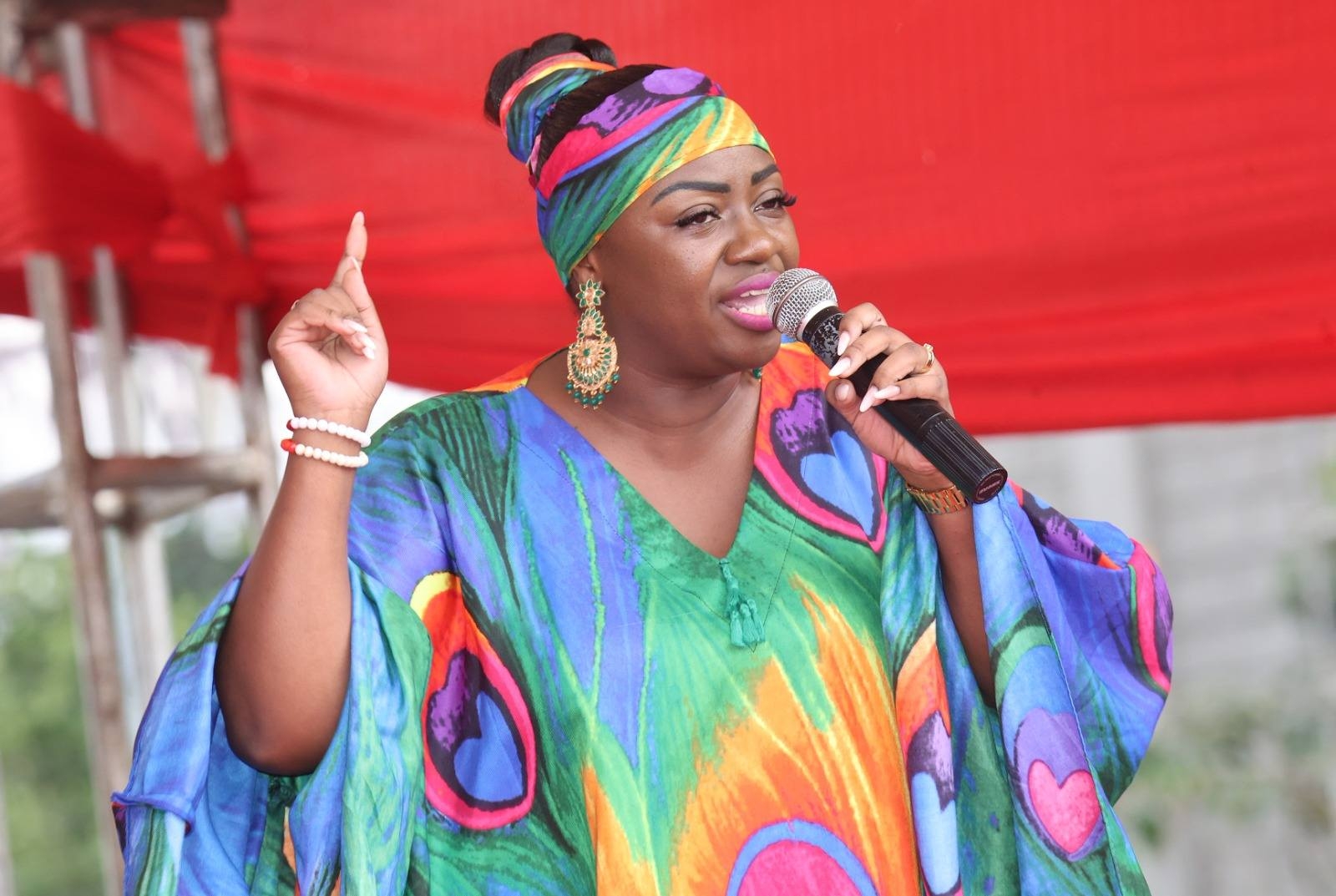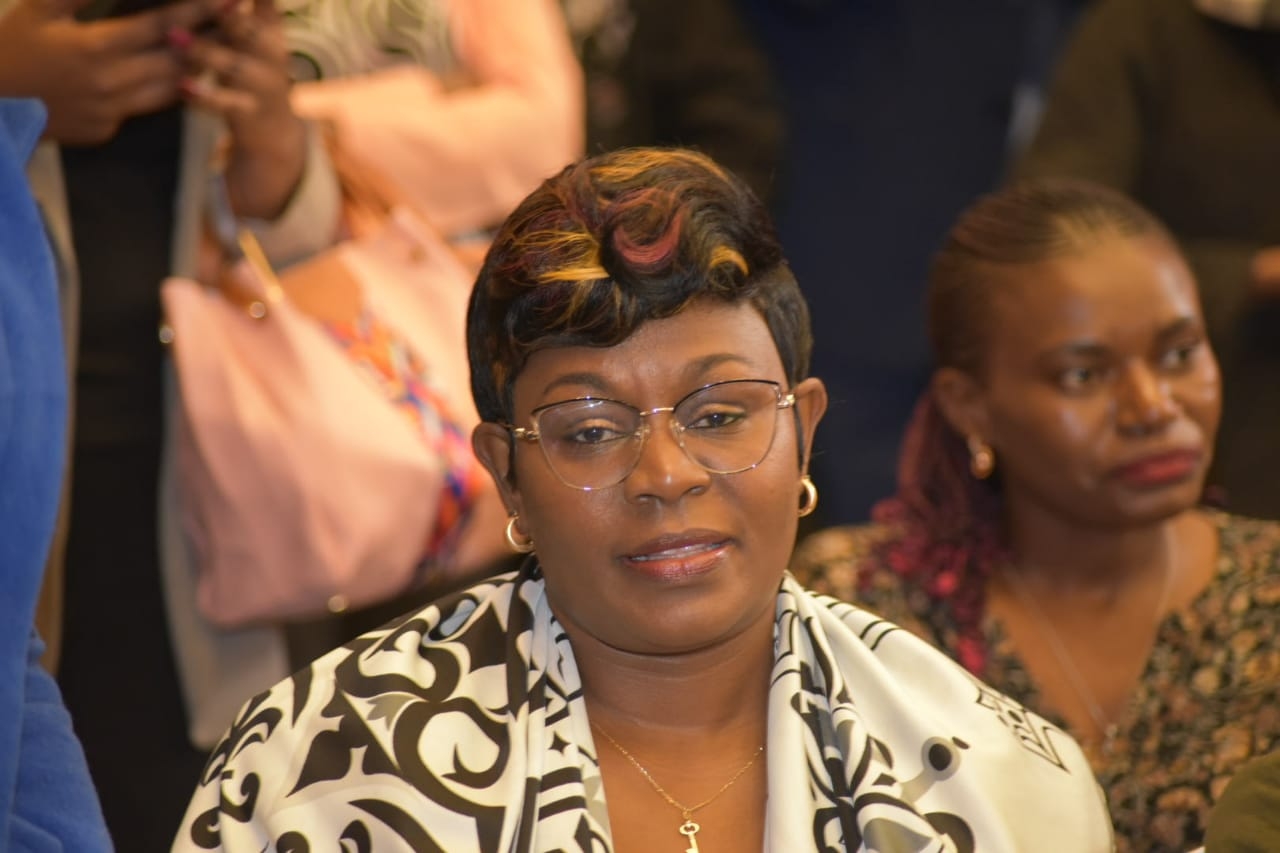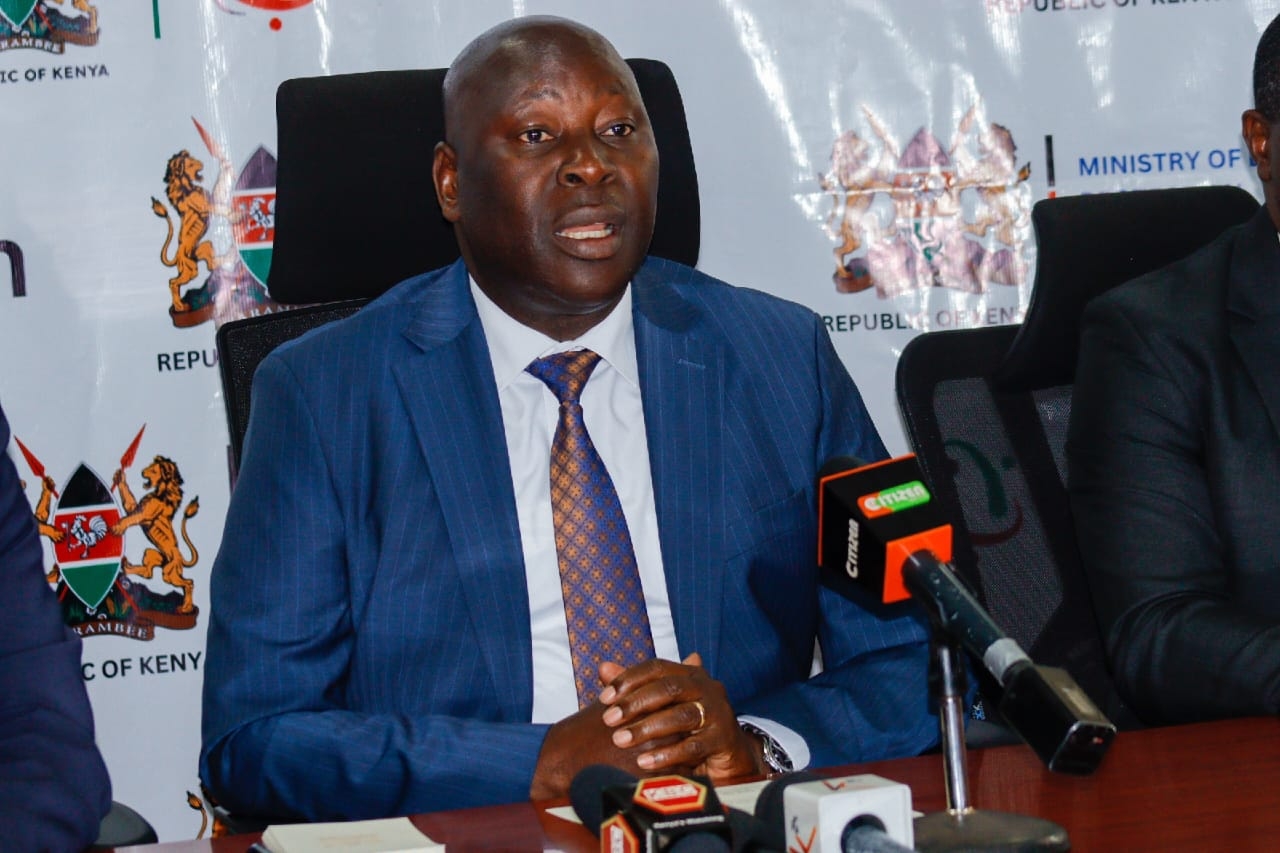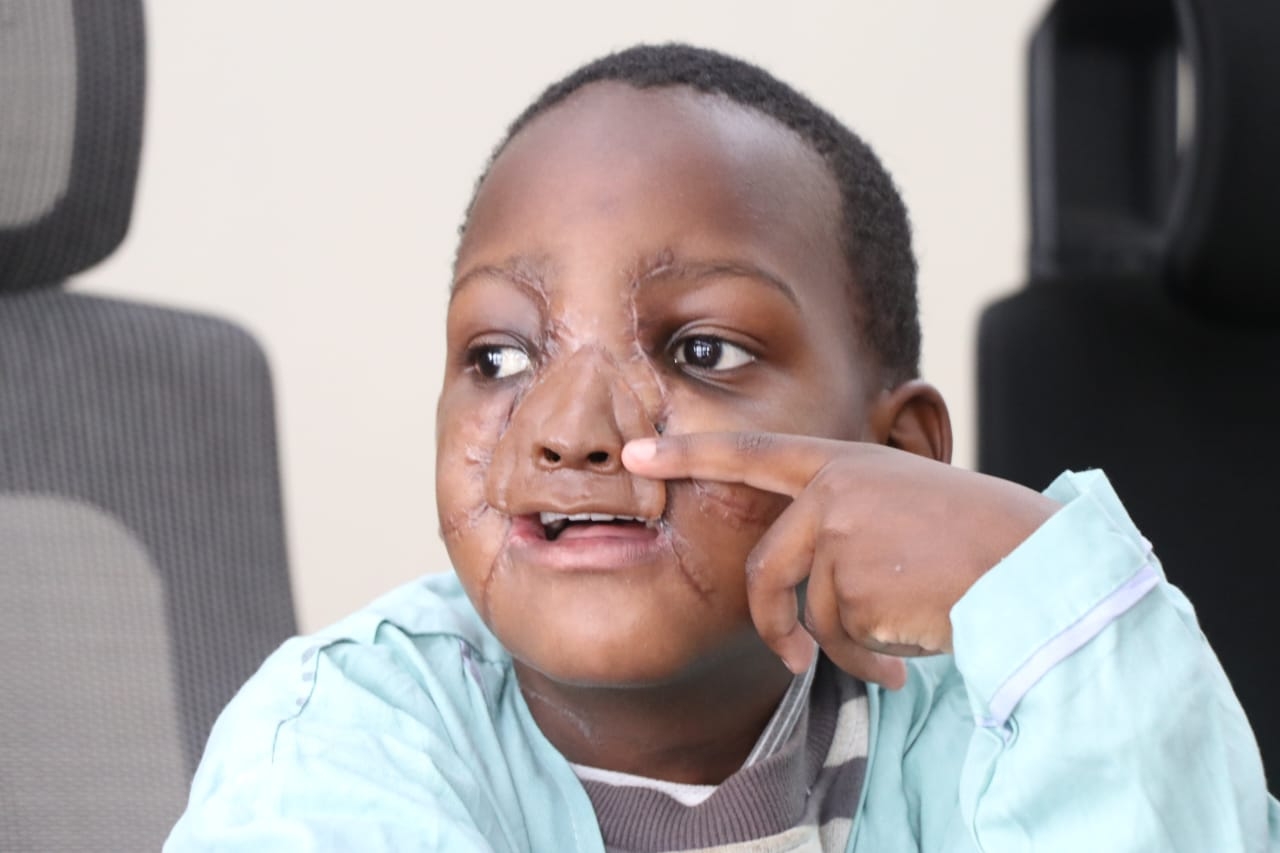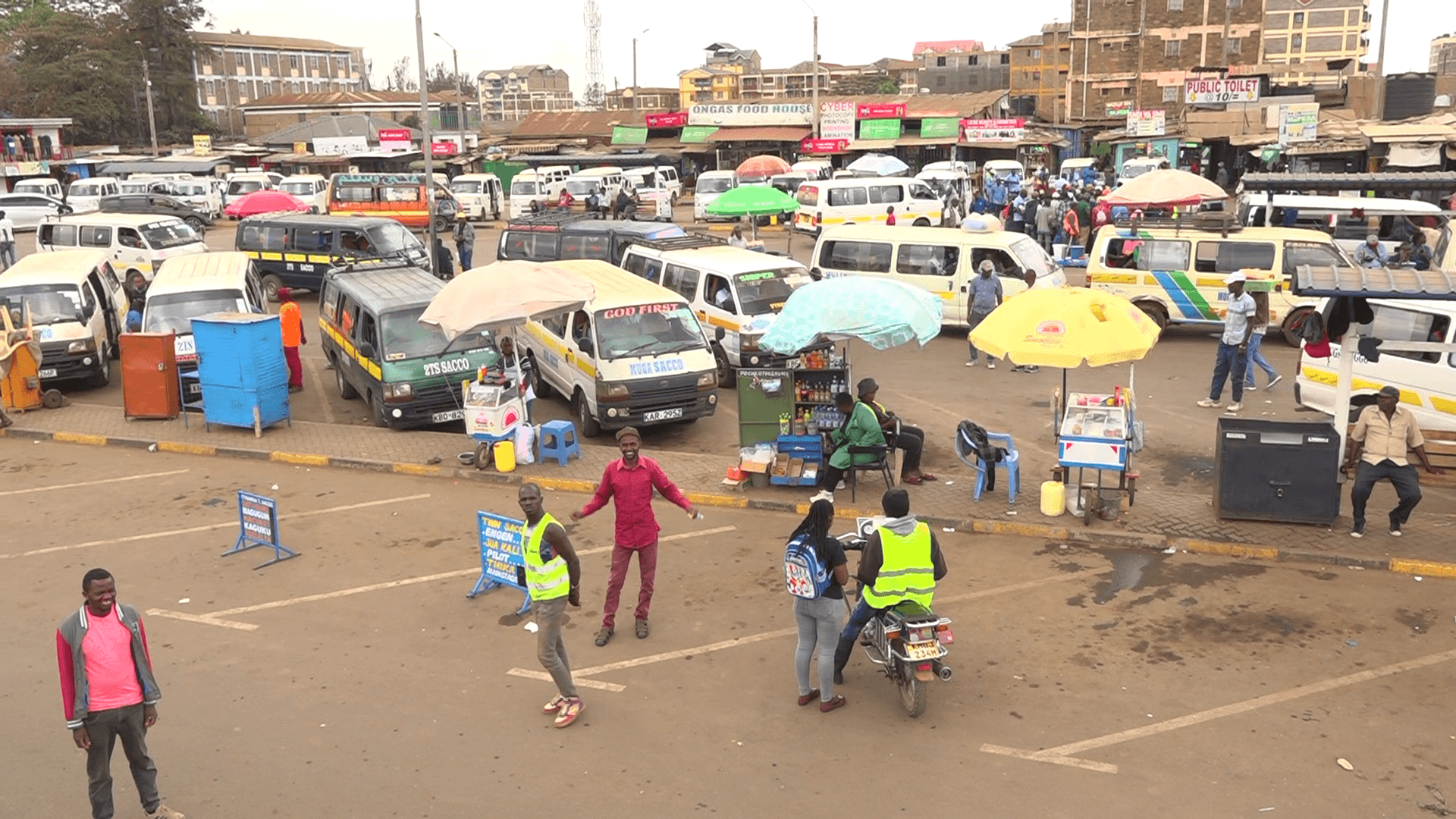This is the most important question in Kenya right now. When and how should we lift the Covid-19 restrictions?
Last Saturday, President Uhuru Kenyatta strongly hinted he is unlikely to extend all current containment measures when they expire on June 6.
Kenyan specialists are now projecting the likely benefits as well as the potential risks of reopening too soon and assuming the battle is won when it has only just begun.
Director general of the Ministry of Health said in a briefing on May 21 the outbreak is expected to peak between August and September with 200 to 300 cases a day as testing increases.
Health experts and economists told the Star the country must assess the real costs of containing Covid-19. Is it worth strangling the economy and saving lives or courting death and boosting GDP?
How can we compare 'lives saved' against 'lost GDP'?
A recent National Treasury survey titled 'The social-economic impact of Covid-19 on household (Wave 1)' says 91 per cent of the country’s workforce is not sure if and when they will return to their jobs.
It says at least 30.5 per cent of households are unable to pay rent on the due date.
The Federation of Kenya Employers (FKE) says at least 342,300 jobs have been lost in two months as Covid-19 continues to ravage the economy.
The FKE says more than one million other jobs are on the line as players in the formal and informal sectors remain in a wait-and-see mode, as companies are likely to continue layoffs if the virus pushes the economy further south.
Some health experts and many economists agree the continued restrictions such as the dusk-to-dawn curfew are bad for both the economy and for health. They say President Kenyatta should just reopen the country.
Others explained why June 6 is too soon and reopening will be deadly for Kenya.
The effects of the virus have spilt over to all sectors of the economy, but hospitality, horticulture and transport are the worst hit.
This child must aim for minimal injuries or risk being consumed. While the economy is being opened gradually to avoid the second phase of the virus – a severe one for that matter – the economic recovery depends on how the 2022 election is conducted
Closure of businesses, minimal economic activities and the stay-at-home order is also hurting economic growth, which has been revised downward to 1.5 per cent from earlier projection of six per cent by both the World Bank and the IMF.
Although the Kenyan government has maintained the growth prospects at three per cent, Treasury Cabinet Secretary Ukur Yatani hinted growth might sink further if the country remains closed till June.
The slowdown in economic activities has forced the government to readjust its budget as revenues tumble.
Last week, President Kenyatta announced a Sh54.7 billion-stimulus package to jump-start the economy.
One economist says the economy is likely to remain subdued for another five years, and will only pick up depending on how the country handles the General Election in 2022.
Economist and governance expert Kepha Mate said Kenya’s economy is like a child caught between two fierce wild dogs.
"This child must aim for minimal injuries or risk being consumed. While the economy is being opened gradually to avoid the second phase of the virus – a severe one for that matter – the economic recovery depends on how the 2022 election is conducted," Mate said.
Economist Tony Watima dismissed the President's stimulus package, terming it a drop in the ocean.
"Let us start by asking the question: Is Sh53.7 billion sufficient to mitigate the Covid-19 impact? We need a package of at least two per cent of GDP, which is Sh200 billion," Watima said in a local weekend newspaper.
Psychiatrist Dr Njagi Kumantha, the former director of Mathari National Teaching and Referral Hospital, says there's no health benefit in extending the restrictions beyond June 6. He is now in private practice.
Kumantha says Kenya might be unable to deal with the resultant mental health burden that would follow a continued lockdown.
"I think the incidence is largely contained, the curve is flattening, at a cost to the economy," says Dr Kumantha who trained at Johns Hopkins University.
"It has been very painful for the low-income earners and we should consider easing the measures so we don't contain the disease and let the economy suffer."
He says churches and mosques should be allowed to open while maintaining social distancing.
"The mental health of the people will be taken care of and the economy will be stimulated as well."
The current restrictions include the closure of all schools, a nationwide dusk-to-dawn curfew, restrictions on movement into and out of Nairobi, Mombasa, Kilifi, Kwale and Mandera, and closure of Eastleigh and Old Town estates.
Others are a ban on all international passenger flights and passenger services on the standard gauge railway, restrictions on patron numbers in restaurants, the mandatory wearing of masks in social places and a ban on elective surgeries in some hospitals.
Infectious disease epidemiologist Dr Mark Nanyingi says Covid-19 cases are likely to rebound if schools and social places are reopened too soon.
He says there is no standard template for reopening the economy and countries are making decisions based on the evidence they have.
However, all countries that have eased restrictions have flattened the infections curve.
"You need evidence of plateauing or a downward trajectory. You need to see the rate of new infections going down for about two weeks," he told the Star.
"The current evidence in Kenya points to the contrary."
Dr Nanyingi, also a lecturer at the University of Nairobi and the University of Liverpool, says some countries like Japan and Singapore reopened but quickly went back after new infections surged.
Top pathologist Dr Ahmed Kalebi, CEO of the Lancet Laboratories, says although Kenya is reporting higher numbers, the rate of infections is low.
"The figure of 31 new confirmed Covid-19 cases out of 2,576 samples tested in the last 24 hours in Kenya (May 23) represents the lowest percentage test positive rate of 1.2 per cent in the last one week and ties to the lowest percentage in the past three weeks," he says.
"Overall this is a good trend indicative of a low reproductive number for the virus spread across the country, though the picture may be different in various hotspots with high test positive rate where there is intensifying community spread."
In deciding how to reopen schools, the government will rely on recommendations of the National Covid-19 Education Emergency Response Committee.
The committee says it has received 3,000 proposals from the public.
Suggestions include the option to partially reopen. This proposal is backed by headteachers and a section of the unions, all who sit on the committee.
According to them, candidates for the KCPE, and KCSE exams should return to schools first.
Data from the Education ministry shows at least 13 million children are enrolled in primary and secondary schools.
President Kenyatta allocated the education sector Sh6.5 billion of the Sh53.7 billion stimulus package.
The funds will be used to employ 10,000 teachers and 1,000 ICT interns to help with digital learning.
Economists at Mckinsey & Company, a think-tank with offices in Nairobi, have called for a phased reopening.
"Governments will need to build the capacity to alternate between reopening and restricting economies on a granular, local level — akin to developing and flexing a muscle," the firm says. Its recommendation is contained in a paper titled 'Reopening and Reimagining Africa: How the Covid-19 Crisis can Catalyse Change'.
They advise that governments can move down a four-tier easing process.
Tier one entails no restrictions beyond physical distancing and allows all sectors to operate. Tier two involves the closure of schools and the prohibition of mass gatherings while encouraging high-risk populations to stay at home.
Tier three involves restrictions on travel between regions of the country for the general population, and mandatory stay-at-home directives for the at-risk population.
Tier four is the most restrictive, entailing a full lockdown on movement for the general population.


